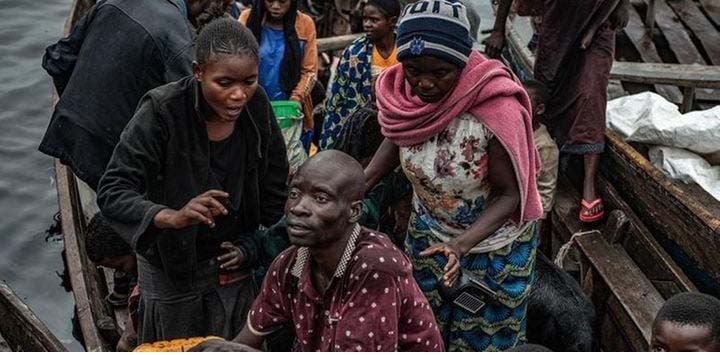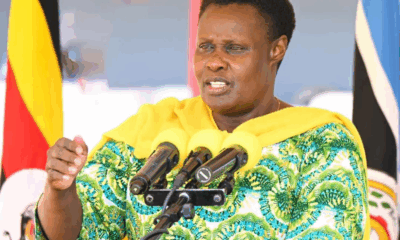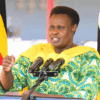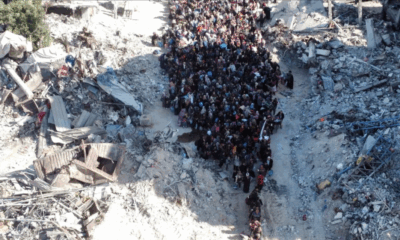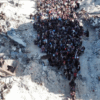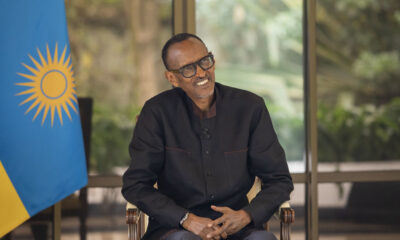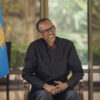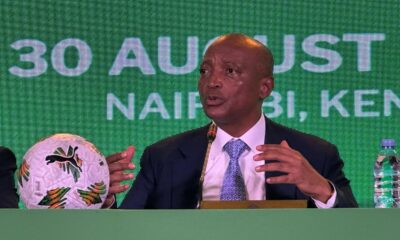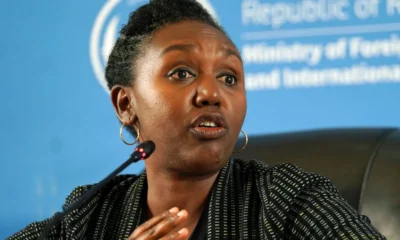Africa
Hope Returns to Mushaki as Congolese Refugees Begin Journey Home
In the verdant hills of Mushaki, eastern Democratic Republic of the Congo (DRC), signs of return and renewal are beginning to take root. After decades of displacement, Congolese refugees who fled violence in the 1990s and 2000s are cautiously making their way back home, driven by a mix of hope, resilience, and necessity.
Among them is Nzabanita Gaspard, 56, who fled Mushaki in 1996 after surviving a wave of intercommunal violence that claimed the life of his father and left him with a bullet wound that still affects his mobility.
“This is the first time my wife and I have returned to Mushaki since 1996. We wanted to see what the area looks like now and whether it might be possible to bring our children back in a few months,” said Gaspard, now seated on a makeshift bench outside a modest house temporarily loaned by relatives.
His wife, Mwamini Musabese, 43, stood beside him, her voice heavy with uncertainty.
“We don’t know how to bring up our six children here. They have no future here for now, because we have nothing as parents after all these years spent in the refugee camp in Rwanda.”
Like the Gaspard family, thousands of Congolese refugees, mostly from the Masisi and Rutshuru territories in North Kivu are now trickling back from Rwandan camps such as Kiziba, despite these regions still being partially under M23 rebel control.
The M23 occupation of large swathes of North and South Kivu in January raised alarm about worsening instability. Yet in recent months, a shift in political and security dynamics has opened small windows for return — particularly in areas where local leaders and humanitarian agencies say the situation is becoming “stable enough.”
According to the UNHCR, more than 139,000 people have fled the eastern DRC to neighboring countries since January 2025. Yet inside the country, over 7 million remain internally displaced. Still, hope persists.
In July, the governments of DRC and Rwanda, along with the UNHCR, reaffirmed their commitment to a voluntary, safe, and dignified return of refugees, declaring it a crucial pillar of peacebuilding in the Great Lakes region. A high-level ministerial meeting in Addis Ababa further emphasized support for the reintegration of returnees as part of long-term post-conflict reconstruction.
Local authorities in Masisi and Rutshuru claim they are ready to receive returnees, and M23 leaders say the conditions for return are “gradually being met.”
For some, like Gisele Karungi and her younger sister Bora Mutesi, both of whom returned from Rwanda after 11 years in exile, the decision to come back was complex but necessary.
“With the security that has returned to our village for some time, we chose to come back to the DRC, even though our parents are still in the camp in Rwanda,” Karungi explained. “For us, it was the right moment to return home despite the new life we now have to begin here.”
Their return is symbolic of a broader shift — a slow but meaningful movement of people reclaiming their roots, rebuilding broken communities, and daring to believe in peace again.
Still, the challenges ahead remain immense: destroyed homes, lost land, and a lack of basic services greet many returnees. For now, hope must carry what the years have taken away.
Comments



